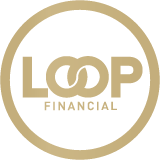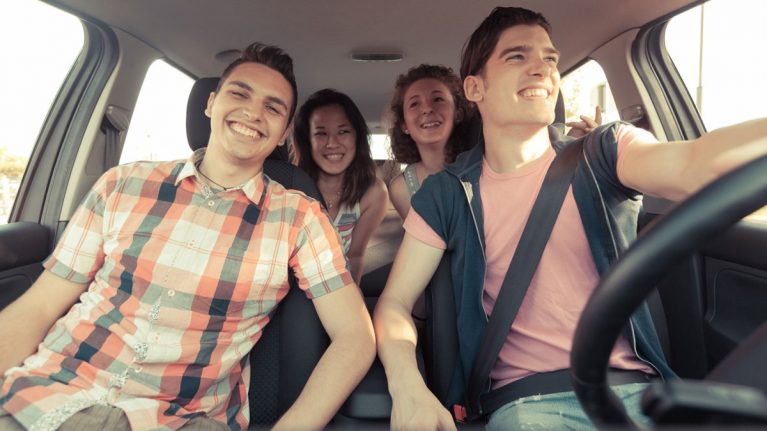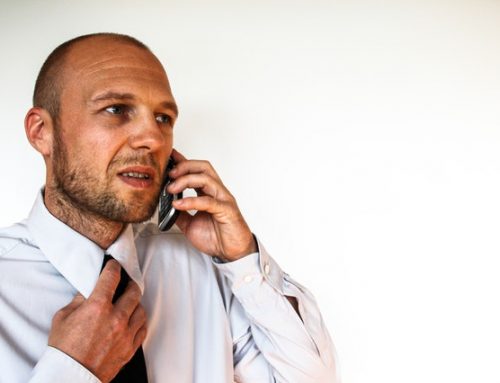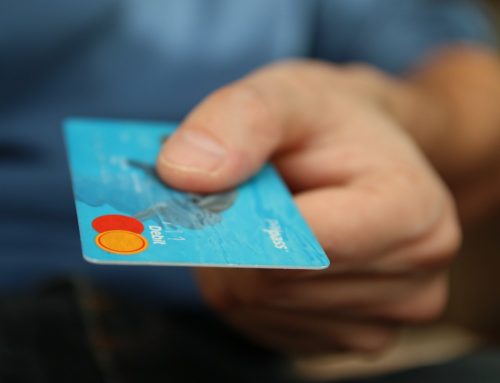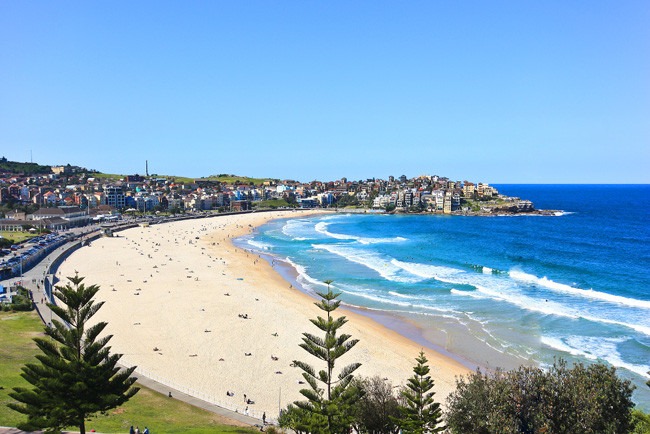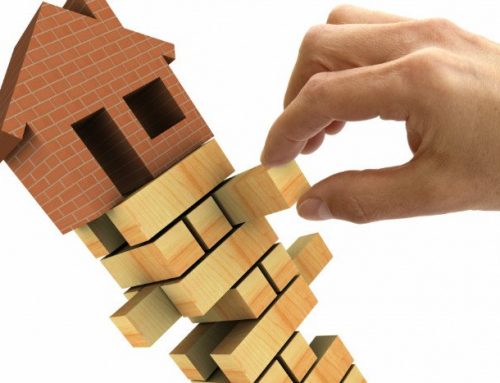It might be tempting to make a bit of extra cash from your car or home, but the tax man is getting wise to these ‘sharing’ schemes and you could be in for a shock when he catches up with you.
The NSW sharing economy is worth $500m alone. This includes big names such as Airbnb and Uber, as well as a whole host of other platforms which allow users to capitalise on anything they have going spare – be it a room in their home, a parking space outside it, or even a seat at their dinner table.
But now the ATO is cracking down on all these transactions, and if you’re not declaring your income correctly, that little bit of money on the side could be about to incur you some nasty fees.
Last year Uber was forced to take responsibility for its GST obligations, and its 20,000 drivers were given a gentle reminder that if they didn’t declare their income they would be audited and penalised by the tax office. With an electronic record of every transaction making it easier than ever to see who has earned what, this was no empty threat.
There are rumours that Airbnb will be next – it’s an obvious target, with around 75,000 Australian properties listed at any one time. The ATO’s crackdown is expected to begin with a campaign to educate hosts about their tax responsibilities, followed by an increase in auditing.
There’s no doubt that Australia’s sharing economy is here to stay, and it’s becoming a bigger and bigger part of everyday life. Research by Deloitte Access Economics found that 53% of Aussie consumers “participated in some form of collaborative economy” last year, with 63% planning to do so in the near future.
With a growing number of companies becoming household names with a turnover to match – ride sharing sites GoCatch and DriveMyCar, home storage site Spacer and meal-sharing app Feastly to name but a few – it’s not surprising that the tax office is taking an interest.
CPA Australia Head of Policy Paul Drum makes the good point that in the digital age, trying to keep your earnings secret is not only illegal, but increasingly difficult.
“The ATO can analyse transaction data almost at the flick of a switch now, just like they can crunch land tax receipts and ask ‘how can this taxpayer afford that property?’” Mr Drum says.
Even by looking at the amount of commission earned by Airbnb or Uber for each transaction, he says, it’s easy to work out how much the host or driver would have pocketed.
“This can all be data matched extremely quickly now,” he says.
And if you think that working for a foreign-owned company gives you a smokescreen because they don’t have to share their data with the Australian government, think again. Mr Drum points out that there is growing international co-operation in the fight to stamp out tax avoidance.
Another common myth is that the tax office can only access your tax records up to seven years back, but again Mr Drum says this is not the case.
“If you’ve been hiding out, which means you’re committing tax fraud and evasion, there’s no limit — they could make you back pay to whenever,” he says.
Every cent counts
Many people have heard that sporadic or one-off transactions don’t have to be declared, and use this to justify concealment of payments earned through the sharing economy.
“There’s no threshold,” Mr Drum says. “The measure is ‘are you going about it in a business like way?’ If the room is available for rent, then income is income.”
The only situation in which you don’t have to declare Airbnb income, says Etax.com.au general manager Simone Gielis, is “if your total income from all sources is below the $18,200 tax free threshold”.
“Everything from the first dollar is considered taxable income,” Ms Gielis says.
One bit of good news for Airbnb hosts is they don’t need to worry about registering for GST, since residential accommodation is exempt. However, drivers earning money from Uber and other similar sites must pay GST on every dollar.
Another word of warning for Airbnb hosts: renting out your spare room may mean you lose your right to capital gains tax exemption when you decide to sell your home. The tax office calculates this pro-rata based on the amount of floor space rented out and the length of bookings, so if you’re planning on becoming a host you need to do your research and work out whether it will be worth it in the long run.
It’s not all doom and gloom, though. Mr Drum does point out that if your property is listed on Airbnb for the whole year, regardless of how many bookings you get, you can claim deductions for expenses incurred (see points 3 & 4 in our handy list below).
It seems that many hosts sign up to Airbnb thinking it’s an easy way to generate some cash, and they don’t really give much thought to the tax implications.
Airbnb pro Paul Hart supports thousands of fellow hosts by running a peer support group in Melbourne. He says the community is committed to stamping out the problem of tax avoidance.
“Other hosts have said ‘it’s a bit of money on the side’ and I always tell them ‘the tax man is going to want to know about it … Congratulations, you’re a small-business owner overnight.’”
Mr Hart funnels his Airbnb income through his business and makes sure his accountant records all his earnings and expenses. He believes that most hosts are now following the correct procedures.
“Airbnb’s too big now; the ATO is onto it,” he says. “In the three years since I’ve been running host get-togethers, it’s changed a bit. At the beginning, most people did the right thing but there were plenty of other hosts who would say ‘I can make money on the side’. They’re in the minority now.”
A spokesman from Airbnb, Dylan Smith, said the company “proactively advises our hosts to declare any income generated as a result of listing their property”.
When hosts sign up they are taken to a page of T’s & C’s which links to the ATO website and advises them to adhere to local tax regulations. But we’re all guilty of scrolling through those lines of small print until we find the box to tick, right?
Accounting tips for sharing economy income
Anyone benefiting from a sharing economy of any kind should follow these rules and tips to maximise their earnings and stay on the right side of the tax man.
1. Keep your earnings transparent
It doesn’t matter whether you use one of the big names like Airbnb and Uber or one of the emerging new brands – or whether it’s you’re main source of income or just a bit on the side – if you’re making money you need to declare it on your tax return. If you try to hide your income or under-report your earnings, you could end up owning not just back taxes, but fines, penalties and interest charges too.
2. Keep enough aside
Don’t wait until the end of the tax year to work out how much you owe from your sharing economy ventures. If you’ve been spending every extra penny like it’s free money then you might struggle to pay your tax bill at the end of the year. Keep 30-40% of your earnings aside just to be safe, and if there’s some left over after you’ve settled your taxes, THEN you can go wild.
3. Track your expenses
There are plenty of expenses related to your Airbnb or Uber operations which you can claim back all or part of when it comes to doing your tax return. But only if you’ve kept a record of them, so start getting organised.
4. Know your claiming rights
If you make money renting out a room or apartment, you’re allowed to claim expenses and depreciation for the portion of your house that is rented, for as long as you have a paying tenant. Anything from internet bills and council rates to depreciation of furniture can be included. If you rideshare, your claimable expenses include the obvious things like insurance, registration and car maintenance costs, but can stretch to other things that relate to your business operation such as cleaning, music streaming fees and freebies like water and mints. With an Airbnb rental, the claim that’s going to be of most value to you is the interest on your mortgage, although there are plenty of other things that are eligible.
5. Understand your obligations
Just in case you haven’t been concentrating, we’ll say it again. However you make money, it’s your responsibility to know your tax obligations and report your earnings properly. If you’re thoroughly overwhelmed by all the new things we’ve just brought to light for you, speak to a professional tax agent who can help you get to grips with it all.
